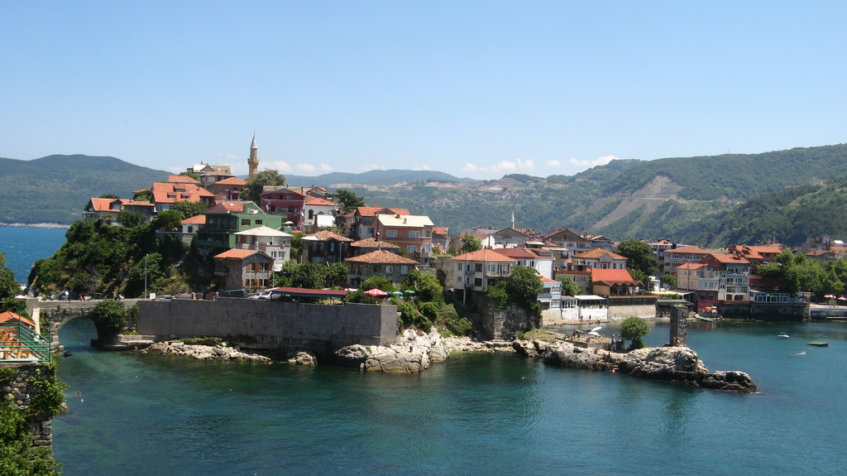To tap Turkey’s significant geothermal energy potential the European Bank for Reconstruction and Development (EBRD) and the Clean Technology Fund (CTF) are launching a programme to support exploratory drilling investments, the partners announced at the 35th Energy Efficiency Forum in Istanbul today.
Geothermal energy projects face high risks particularly in their initial stages, including high investment costs and development risks and very limited access to project finance once drilling has confirmed the resource. The new US$125 million PLUTO initiative will provide finance and advice to private developers to help minimise these risks.
PLUTO, named after the ruler of the underworld in classic mythology, combines US$ 100 million from the EBRD with US$ 25 million from the CTF, a funding window of the Climate Investment Funds. The programme is part of a global push by multilateral development banks to scale up geothermal energy production.
PLUTO is structured in two phases. Phase one will finance geothermal exploration, drawing on the funds provided by the CTF. If exploration proves successful, the EBRD will be available to finance the final stages of the drilling and the construction of the power plant as the second phase.
PLUTO aims to develop at five new geothermal power plants (GPPs) with a combined capacity of at least 60 MW, generating more than 450 GWh of renewable electricity per year. It will increase the amount of installed geothermal capacity in Turkey by more than 10 per cent, thereby making a substantial contribution to reaching the country’s renewable energy targets.
Turkey has pledged to develop 30 per cent of its total installed capacity from renewable sources by 2023. The objective is to add 34 GW of hydropower, 20 GW of wind energy, 5 GW of solar energy, 1 GW of biomass and 1 GW of geothermal.
As of January 2016, about 600 MW of geothermal capacity has been installed in the country – equivalent to 13 per cent of the country’s potential for geothermal power production, currently estimated at 4.5 GW. These resources are mostly concentrated in western Anatolia, with significant potential also identified in central and eastern Anatolia.
Dr. Adonai Herrera-Martinez, Senior Manager in the EBRD Energy Efficiency and Climate Change team, said: ‘The EBRD is the first international financial institution to help private geothermal energy developers bridge the equity gap. Our goal is to unlock the vast amounts of renewable energy trapped deep underground and to attract more private investment and bank financing in the sector, moving away from reliance on purely public funds.’
Previously, the EBRD has financed six GPPs through Turkish commercial banks: Tuzla, Gümüsköy, Pamukören, Babadere, Alasehir, and Umurlu GPPs. It has also financed Efeler GPP, the largest geothermal power plant in Turkey and the second largest in Europe.
Investing in sustainable energy is a strategic priority for the EBRD in Turkey, as the country is working to meet growing demand for electricity and to diversify away from expensive imported fuel. Almost half of the Bank’s total portfolio in Turkey is in sustainable energy and since 2009 the EBRD has invested almost 2.8 billion in such projects, including two of the country’s largest wind farms – Bares and Rotor.
The Bank is also closely working with the Turkish Ministry of Energy and Natural Resources and has helped develop Turkey’s first National Renewable Energy Action Plan to attract more investment in renewable energy projects. It is currently working on a National Energy Efficiency Action Plan to help Turkish industry become less energy-intensive.
Turkey is the top destination of EBRD finance with 1.9 billion invested in 2015 alone.
The Bank started investing in Turkey in 2009 and currently operates from offices in Istanbul, Ankara and Gaziantep. To date, it has invested over 7 billion in Turkey through 180 projects in infrastructure, energy, agribusiness, industry and finance. It has also mobilised about 16 billion for these ventures from other sources of financing.
































